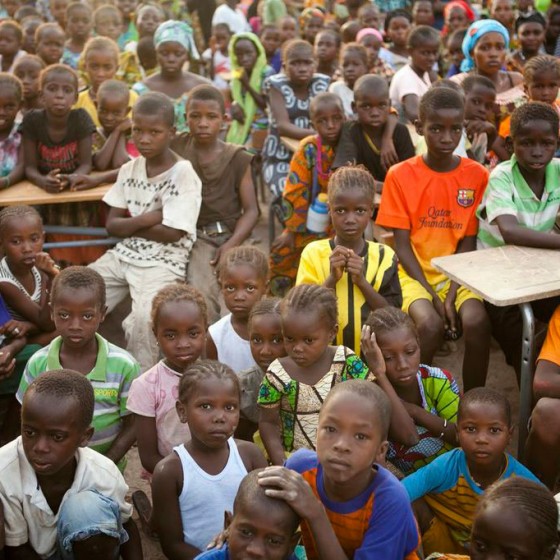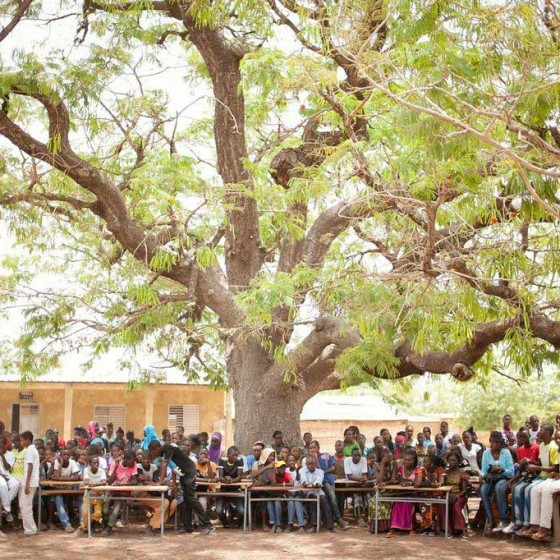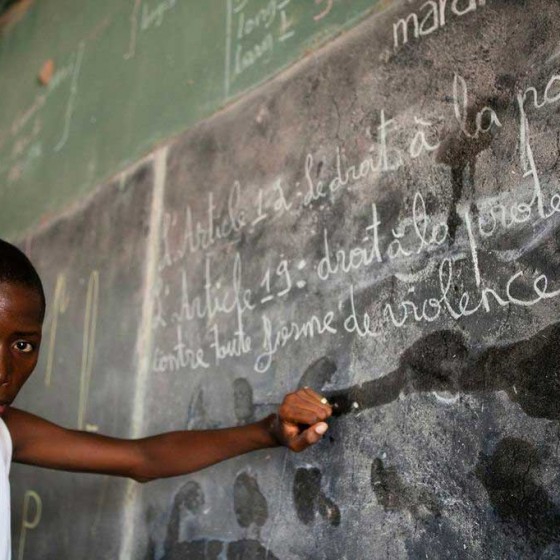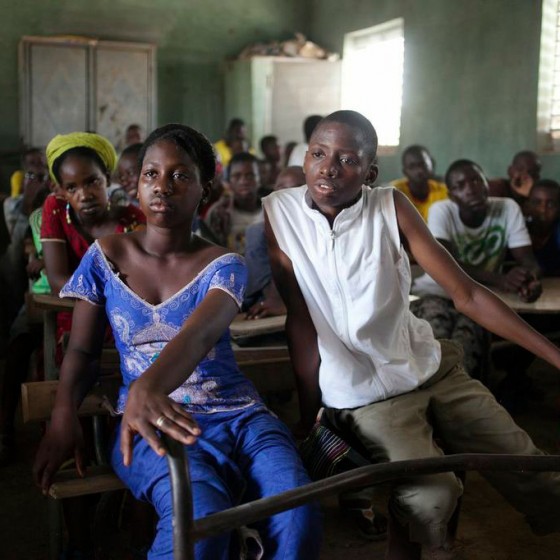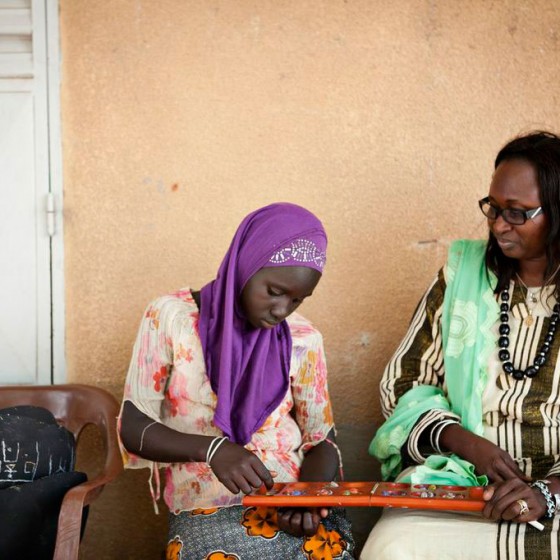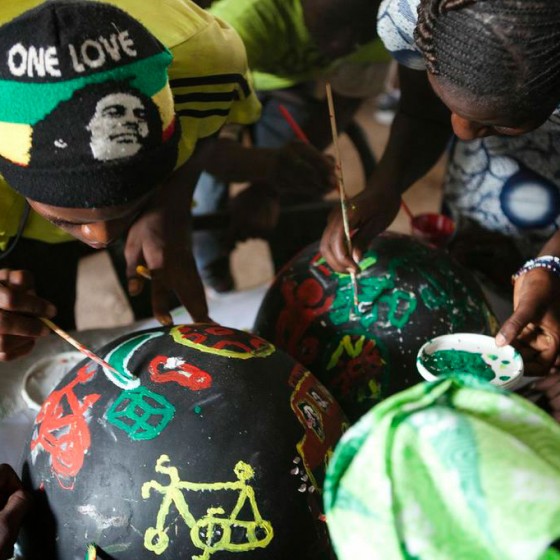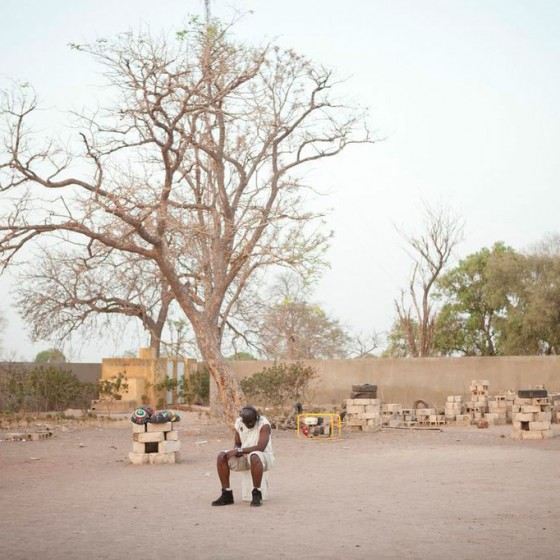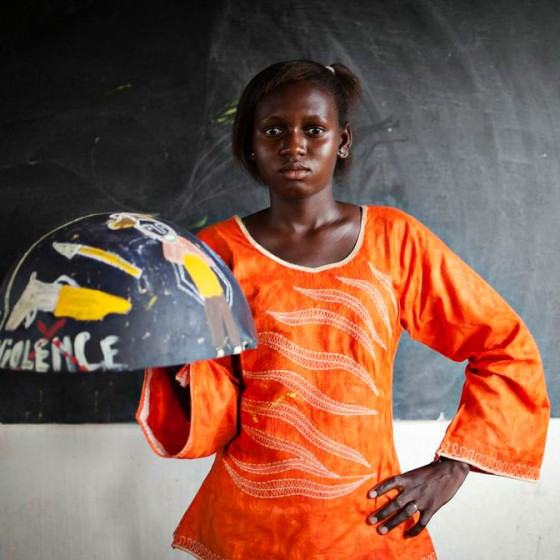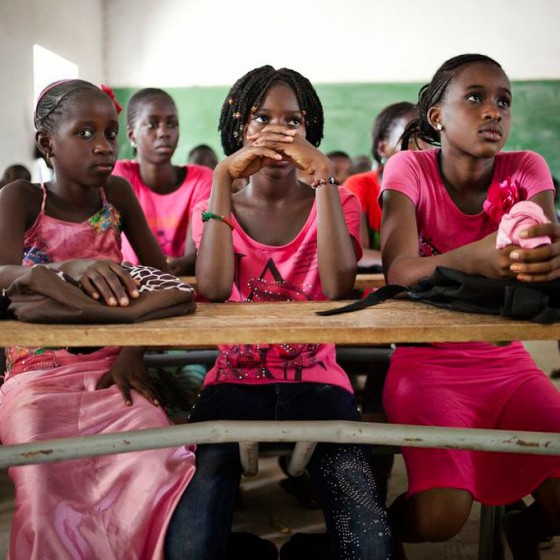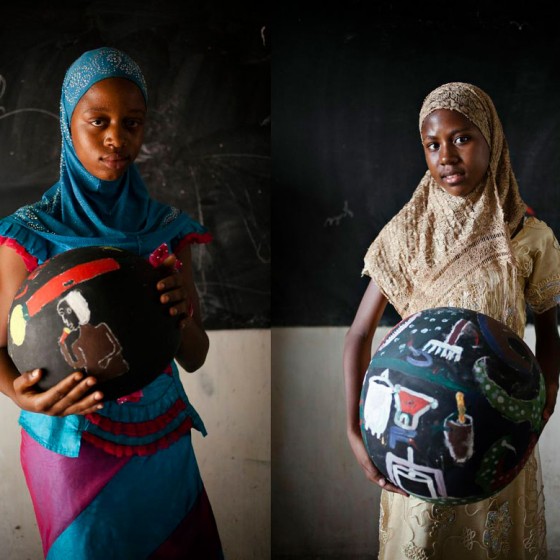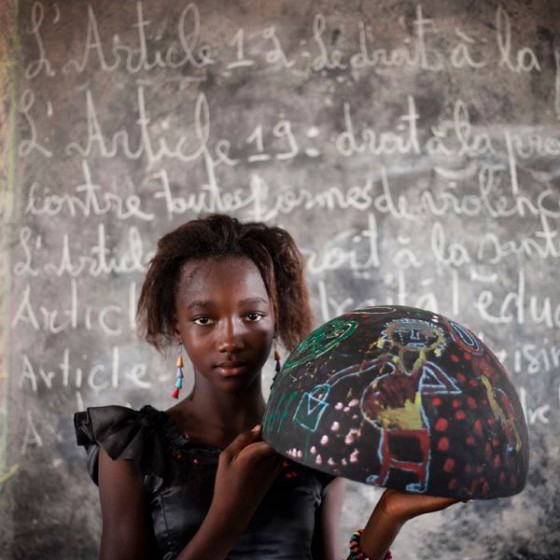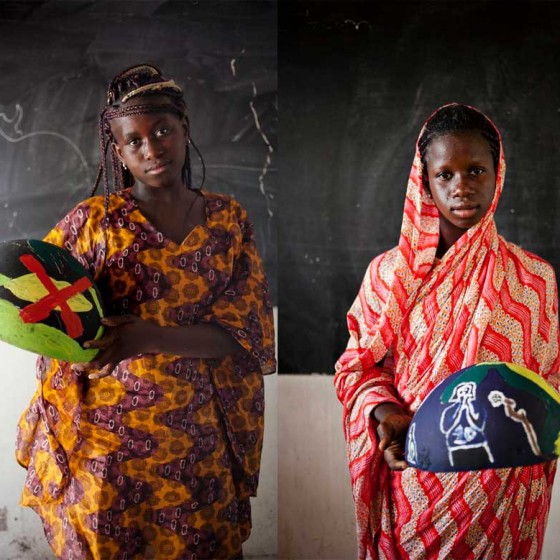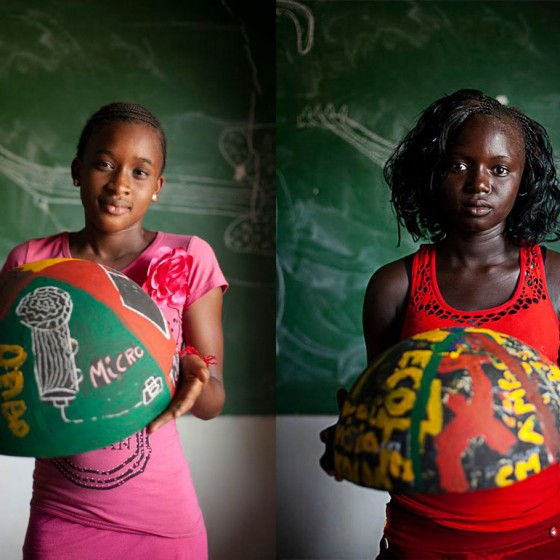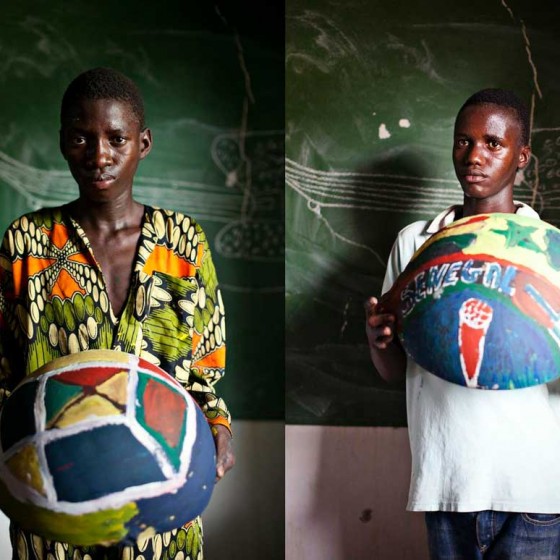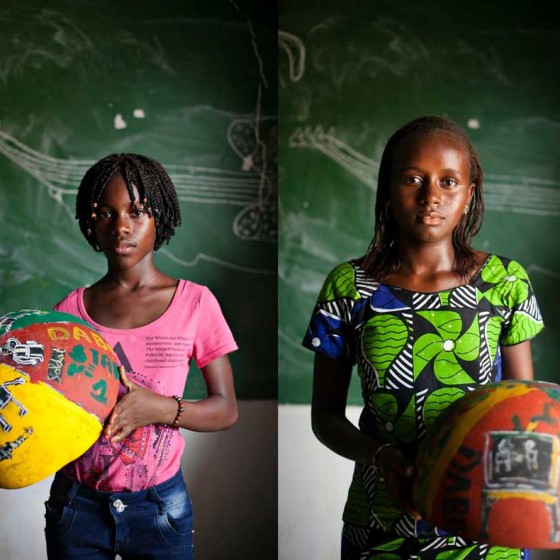Aware/Oware
A project for female empowerment throughout the world
AWARE/OWARE has been adapted from the ancient African board game, Oware, possibly the oldest board game in the world, dating back 7,000 years. While it varies from country to country, it is played in many African communities and is alleged to have originated in West Africa. Often people play with pebbles using holes scooped into the earth or specially carved wooden board.
For our project in Senegal, large calabash gourds — found regionally and typically used for carrying water — became the AWARE/OWARE bowls. The gourds, painted by children, became a vehicle for storytelling to share, explore, and challenge existing misconceptions and misinformation, stigma and stereotypes surrounding health and social issues. Each painted bowl addressed and helped educate the children on the basic human rights entitled to the children as outlined in the UNCRC. The art activity and ghe conflict in the Casamance region — Ziguinchor and Kolda — in Southern Senegal has persisted for 30 years, making it one of Africa’s longest-running conflicts. Yet not many people have ever heard of the Casamance region or the war. Since the Casamance rebellion began in 1982, subsequent fighting has killed an estimated 1,200-3,000 people, internally displacing numerous villages and consistently causing the exodus of thousands from the country. The communities of Kolda and Veligara are among the poorest economically in Senegal, with widespread sexual violence, harmful traditional practices such as female genital cutting (FGC) and early-child marriage. Most of these violations and abuse impact women and children. Gender-based violence and deprivation are barriers to children’s education due to the prevalence of child labor, Talibes (street children) and girls dropping out of school to work, get married or care for siblings and other family members.
In each photograph to follow, we will discuss a basic human right of children taken from 10 articles that, in-part, comprise the UNCRC—the United Nations Convention on the Rights of the Children—and the children of Kolda’s own stories as shared with Art Works for Change during the AWARE/OWARE workshops. The following stories lay testament to the many challenges faced by children in the Casamance region and their resilience against all the odds to attain a quality education.



